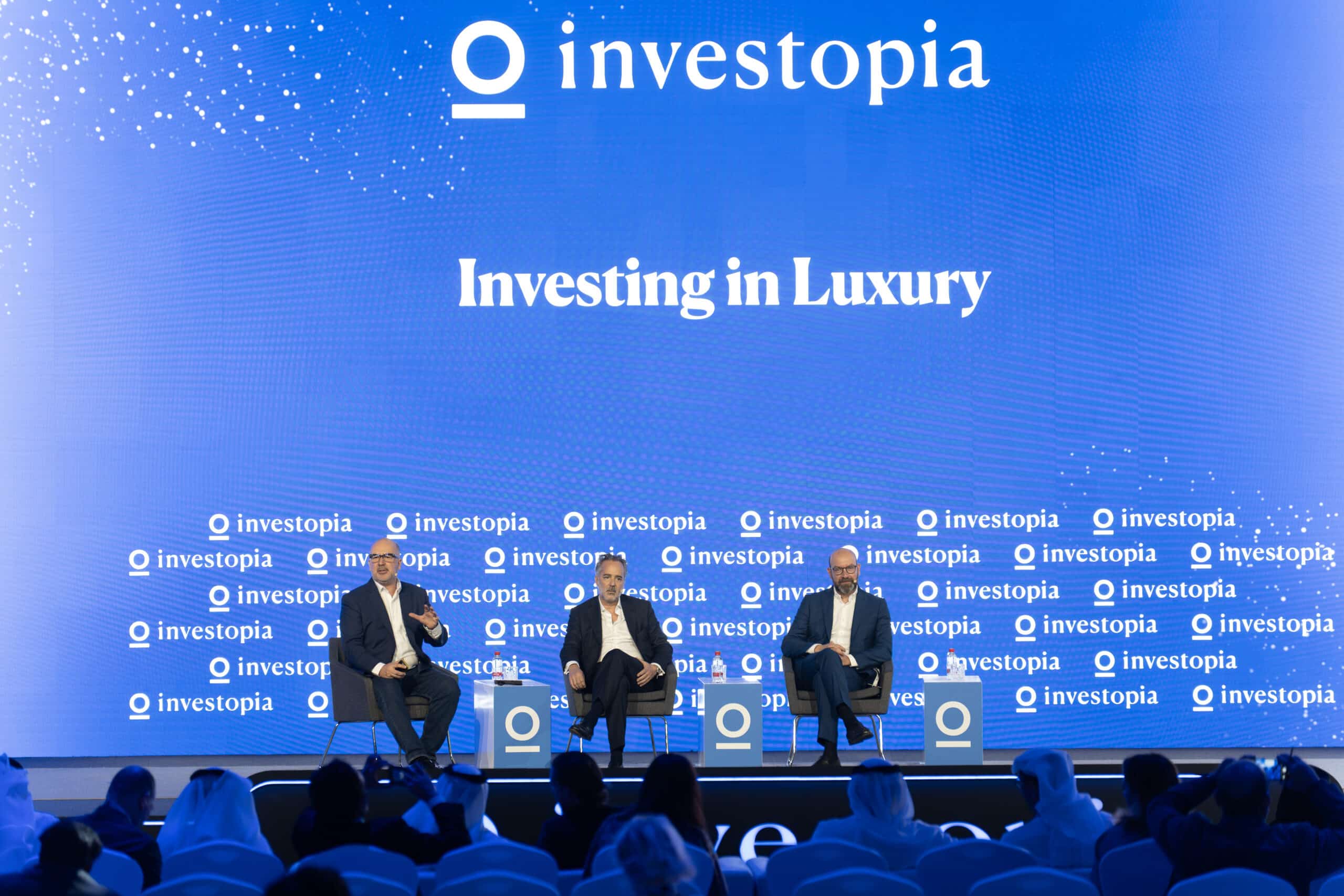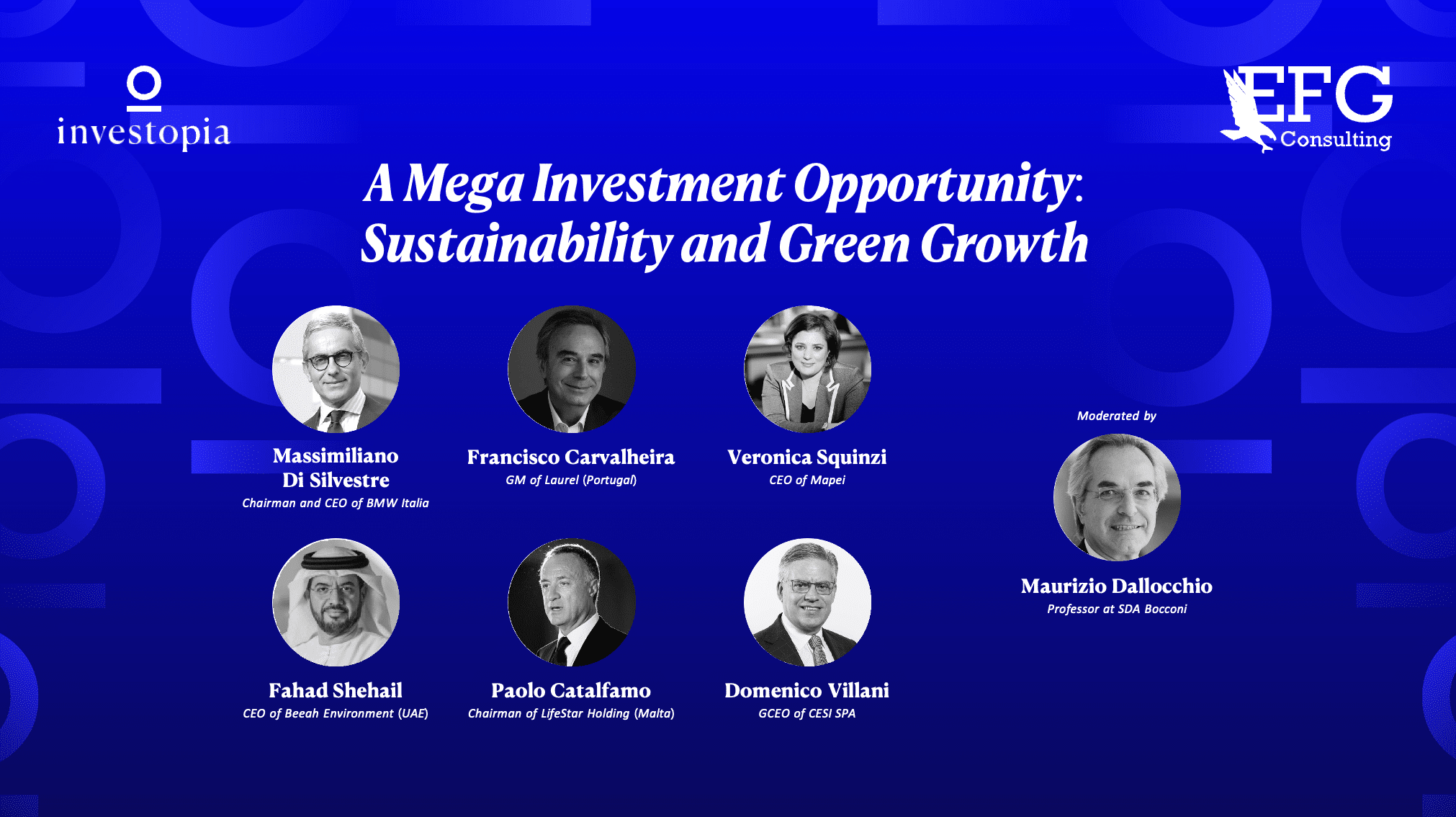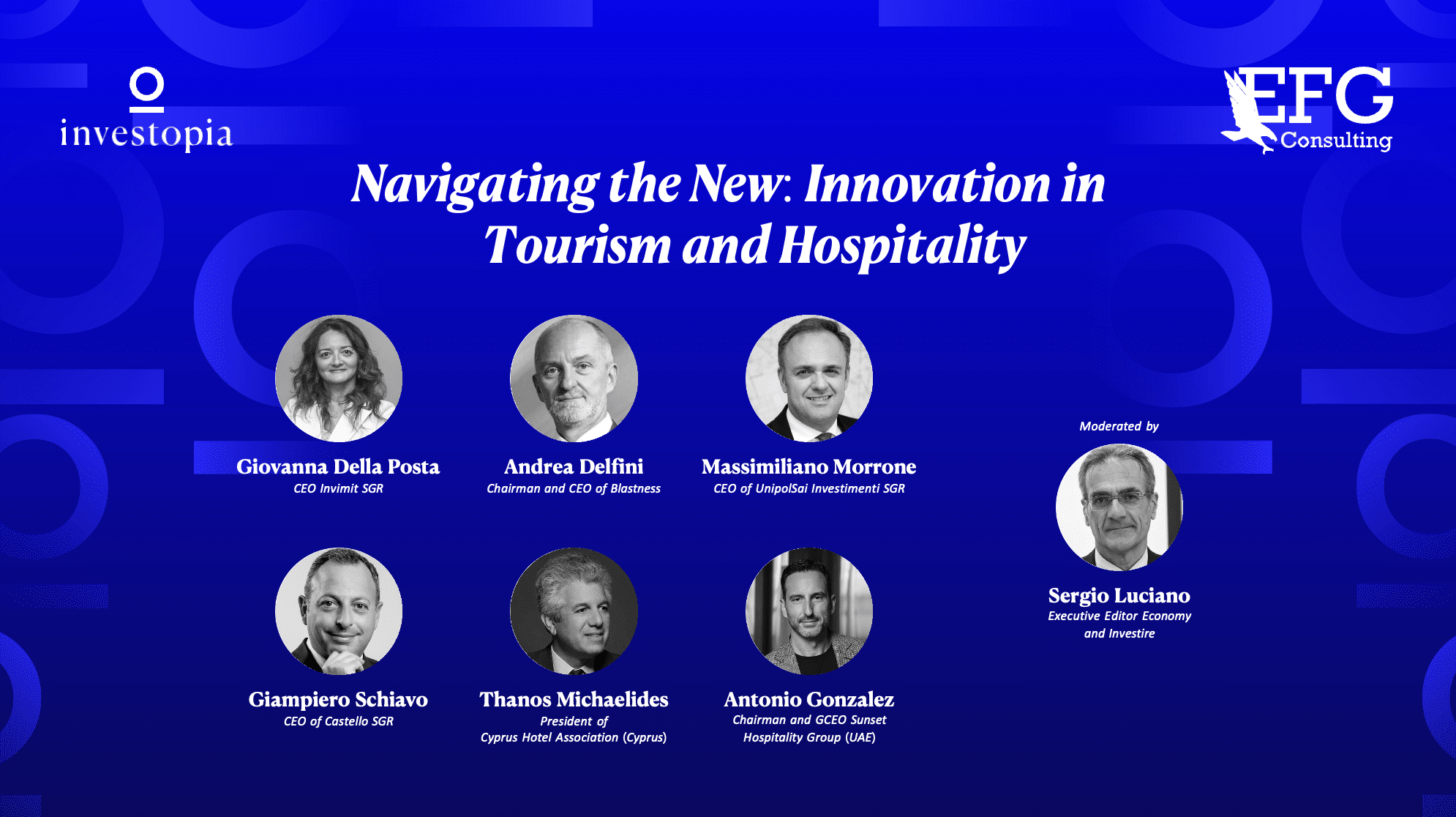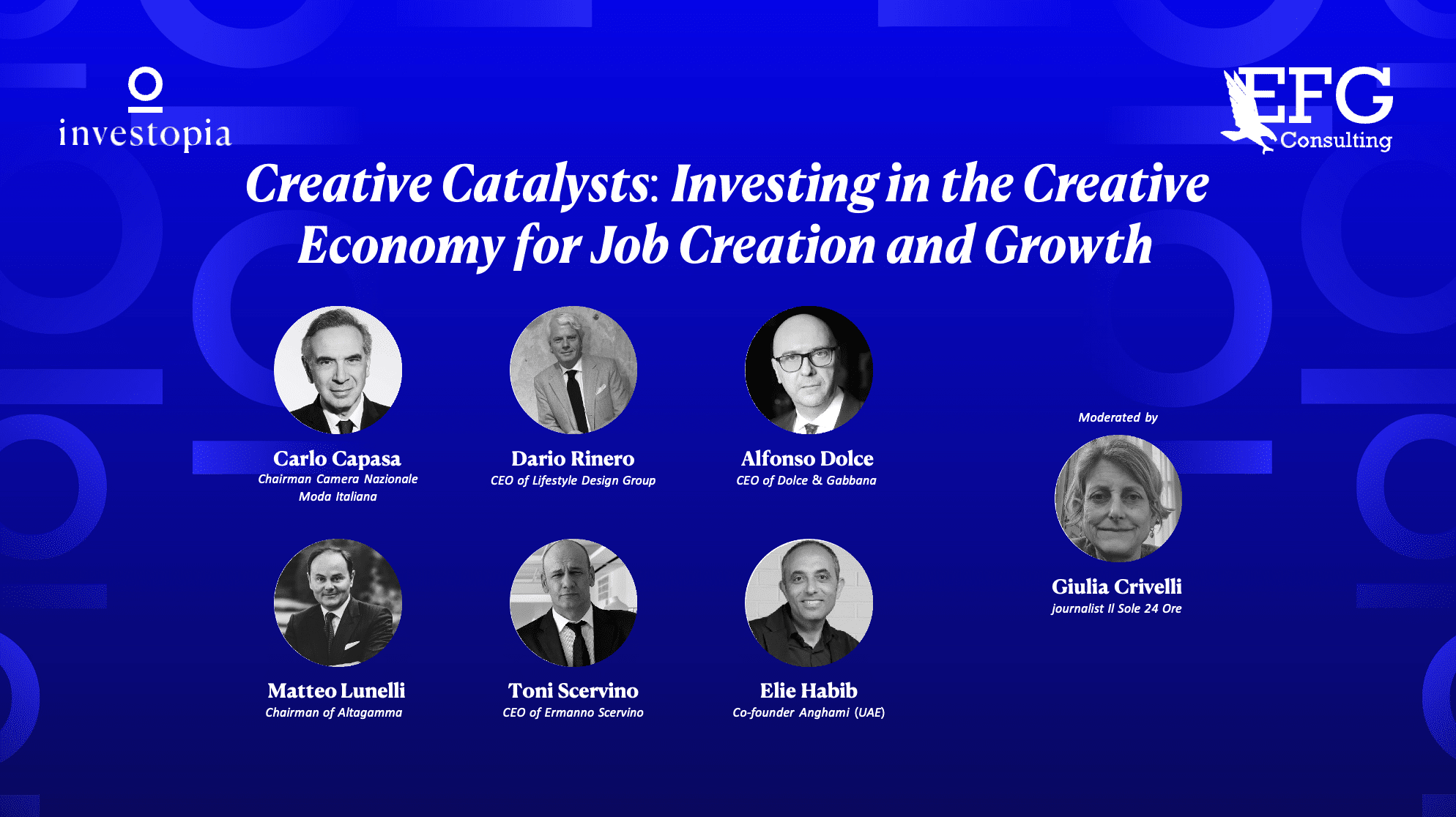Session Speakers:

Giuseppe Pastorelli
Senior Portfolio Manager at Azimut Investments

Nigel Sillitoe
Founder and CEO of Insight Discovery

Philippe Camperio
Founder & Managing Partner of Haeres Capital
Share
Key Takeaways
- Despite untapped markets, promising dialogues hint at future opportunities. Investors should consider classic cars for steady returns and unique heritage.
- Brands with rich heritage sustain value and evoke strong emotional connections, offering unique investment angles.
- Flexible structures offer seamless navigation, enabling investors to diversify portfolios with confidence.
In a session focusing on luxury investments in Investopia, panelists provided valuable insights into two thriving sectors: classic cars and brand legacy. Against the backdrop of a resilient global economy, luxury spending has soared, with cars commanding a remarkable $650 billion in sales in 2023, closely followed by luxury brands.
While the luxury market draws significant spending from Asia, particularly the Asia–Pacific (APAC) region, the United States remains a dominant force, contributing to 70% of all luxury car sales. Despite economic downturns like the 2008 financial crisis and the challenges posed by the COVID-19 pandemic, the sector has consistently shown resilience, with continuous growth observed over the years.
The discussion highlighted the allure of classic cars, which offer investors a unique opportunity driven by scarcity and timeless appeal.
Philippe Camperio, Founder & Managing Partner of Haeres Capital emphasized that classic cars’ are largely led by ultra-high-net-worth individuals, with the Asian market, particularly China, remaining relatively untapped due to import restrictions. Nonetheless, optimistic dialogues with Chinese authorities hint at potential future opportunities should regulations evolve.
On the other hand, Giuseppe Pastorelli, Senior Portfolio Manager at Azimut Investments focused on brand legacy, emphasizing its significance in luxury investments. Pastorelli noted that consumers, especially younger generations, seek emotional resonance and heritage in their purchases.
Brands with a rich legacy not only sustain value but also offer investors unique angles to explore overlooked opportunities.
Panelists further capitalized on these trends, making luxury investments more accessible. Entry tickets starting at $100,000 provide an entry point for a broader investor base, while open-ended investment structures offer flexibility and liquidity, ensuring investors can navigate the market dynamics seamlessly.
As the luxury market evolves, embracing sustainability and appealing to younger demographics emerge as key priorities. They also emphasized the importance of rejuvenating dormant brands with sustainable initiatives and preserving automotive heritage. Investors, guided by passion and profit, navigate a landscape where luxury intertwines with legacy and opportunity.









